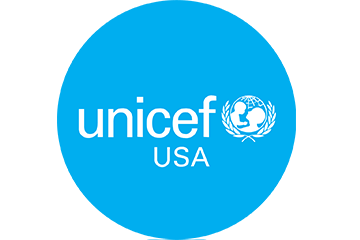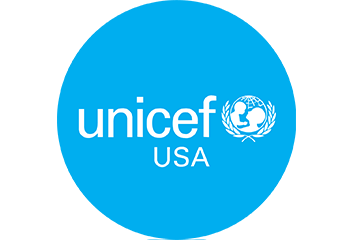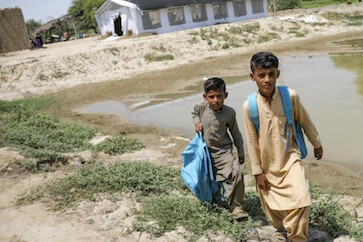NEW YORK /GENEVA (November 23, 2021) – “West and Central Africa has recorded the highest number of children recruited and used by armed forces and armed groups. This amounts to more than 42,000 violations between 2005 and 2020.
“Over this same period, the region also ranks first – and worst – when it comes to numbers of rape and other forms of sexual violence committed against children, with more than 8,000 violations.
“We come second highest in terms of abductions with 4,800 cases.
“These are rankings we would rather not be part of.
“And, these are only the cases the UN was able to verify: the actual number of grave violations are much higher as many are unreported.
“These six grave violations are: 1) Recruitment and use; 2) Killing and maiming; 3) Rape and other forms of sexual violence; 4) Abduction; 5) Attacks on schools and hospitals; 6) Denial of humanitarian access.
“The trends are even more disturbing.
“Between 2016 and 2020 we have seen a 50 per cent increase in the total number of grave violations verified.
“And there was a sadly exponential acceleration between 2019 and 2020, in the number of grave violations against children, increasing by 35 per cent in one year.
“25 years ago, Graça Machel published a report on the multidimensional impacts of conflict on children. Among her recommendations was the regular monitoring and reporting of the impacts of armed conflicts on children.
“In 2005, the Monitoring and Reporting Mechanism (MRM) was established by the United Nations, obliging in a limited number of countries affected by conflicts, the collection and reporting on six grave violations of children’s rights.
“In this context, today, 25 years later, UNICEF’s Regional Office for West and Central Africa releases these alarming data which show that this region has, since 2005, consistently recorded among the highest numbers of UN-verified grave violations against children globally.
“Consider the scale of children’s present and future lives at risk.
“This is a region of young people. Today half of the population of this region, or 282 million, are children. These girls and boys are our next leaders and change-makers.
“And this year, a staggering 10 per cent of these children living in situations of conflict that are included in the UN Secretary-General’s report on children and armed conflict are in need of humanitarian assistance. The situation in Cameroon, Central African Republic and the Democratic Republic of the Congo, and the multi-country emergencies, including crises in the Central Sahel and the Lake Chad Basin regions, are having devastating consequences on children.
“Allow me to share what this looks like for just one child, and one UNICEF was actually able to assist.
“Khady* is an 18-year-old girl from Nigeria. She had wanted to be a doctor; her parents worked hard to send her and her sister to school. After an armed group abducted her sister, Khady dropped out of school due to the fear of the same thing happening to her. She then married someone when she was 15 years old and gave birth to twins. Her husband was killed by an armed group. She was then abducted by an armed group, raped and married against her will. She managed to run away after her third attempt; her sister and children have still not yet been released. This was her childhood. It is frighteningly mirrored across the region.
“Khady now participates in a programme providing psychosocial support and vocational training; she has learned to be a tailor and that is helping her to heal.
“For children like Khady, UNICEF is asking for five actions:
- All parties to conflict are called on to prevent and end grave violations against children and to ensure perpetrators are held accountable.
- Support and scale-up documenting grave violations against children. We need the data to establish accountability and to ensure we can respond to the affected children and their families and communities.
- For those children recruited and used, we call for the quick transfer of children from armed forces to civilian authorities and child protection actors to receive appropriate assistance, as children and as victims.
- Financial and human resources are needed to provide and scale-up quality, gender-sensitive services to support girls and women, including for survivors of sexual and gender-based violence.
- We need an increase in multi-year flexible and predictable funding to support children in humanitarian settings to meet their immediate and longer-term needs.
#####
Notes for editors:
*Name changed to protect the individual concerned.
About UNICEF
The United Nations Children’s Fund (UNICEF) works in more than 190 countries and territories to pursue a more equitable world for every child. UNICEF has helped save more children’s lives than any other humanitarian organization, by providing health care and immunizations, safe water and sanitation, nutrition, education, emergency relief and more.
UNICEF USA advances the global mission of UNICEF by rallying the American public to support the world’s most vulnerable children. Together, we are working toward a world that upholds the rights of all children and helps every child thrive. For more information, visit www.unicefusa.org.
For more information please contact:
Erica Vogel, UNICEF USA, 212.922.2480, [email protected]
Lauren Davitt, UNICEF USA, 212.922.2503, [email protected]





